|
The Breadcrumbs widget will appear here on the published site.
The world of sustainable fashion often appears expensive, unattainable, and elitist. Even though many consumers want to stray away from the “fast fashion” industry because of its negative environmental impact and exploitation of workers, this can become extremely expensive and unrealistic for many people. On average, an American family spends $1,700 on clothing per year. This is at least in part because articles of clothing are often viewed as disposable. A single item of clothing has a life expectancy of 1-3 years from production until it is disposed of. Because of this, most people don’t want to spend large amounts of money on individual items, instead replacing them in a couple years or even by the next season. Americans have consistently spent smaller portions of their income on clothing since single articles have become cheaper and the ease of shopping has increased. Just look at Amazon and other forms of online shopping. In 1987, Americans spent about 5% of their yearly income on clothing. This has trended down consistently, reaching as low as 2% of their income annually in 2017. It seems that the average American prioritizes low-cost clothing over where the clothing is coming from or how long a single item will last them. This creates the cycle of the Fast Fashion industry and the movement for more attainable sustainable fashion. Popular sustainable fashion brands, such as Reformation, come with a high price tag. Reformation aims to promote the safety and fair treatment of their production workers first and foremost. Their factories are all based in Los Angeles and compensate their employees in accordance with the Fair Labor Association as well as using sustainable materials to create their clothing items. However, this can come with a high price tag. A basic layering top can run upwards of $58 on their website. While this company is good for its efforts towards sustainability, it is a simply unrealistic price point for many consumers. While buying secondhand is generally considered to be the easiest way of reducing your carbon footprint when buying clothing, this is time consuming and many people living in thrift find themselves far from any thrift store, or find that the ones nearest them don’t carry items that fit their style. As thrifting has been popularized, a new trend of buying second hand clothing for a cheaper price then reselling it on websites such as Depop or Poshmark. For this reason, even thrifting is becoming more expensive and less attainable for many people. For this reason, it’s beneficial for consumers to buy from sustainable fashion brands that put money in the pockets of business owners that they want to support. For this reason, many people seek out supporting female and BIPOC run businesses, such as the five fashion brands that follow. Girlfriend Collective Girlfriend collective sells earth conscious activewear. They pride themselves with taking time to produce every garment with care and beauty, making it a lasting piece worthy of the investment. Not only do they use sustainable materials for their clothing, but they also use 100% recyclable packaging. Their website is filled with earth tones and their items are modeled by a wide array of body types for an added bonus of body positivity. Proclaim Proclaim is known for their inclusive nude lingerie based out of Los Angeles California. They make their clothing out a material called Tencel, a sustainable and soft material made from wood pulp. They also Repreve Recycled Polyester, their mission is to combat the plastic waste epidemic with one bra at a time. Back Beat Co. Back Beat Co. strives to bring effortless California street style to consumers with a consciousness for the planet and sustainability. They aim to embody an old school surf’n’skate culture while producing clothing with the lowest environmental impact possible. They produce their clothing by using low impact or recycled materials and pride themselves on their plastic free packaging. They aim to bring sustainability to easy living fashion. Altar Altar is a women owned brand based in Portland Oregon that aims to keep all clothing production local to the United States as well as focusing on people over profit. This means that they prioritize creating sustainable clothing made for fair wages over mass production. The company was founded in 2018 by Cayley Pater and Andy Ives in order to fill many of the gaps that they themselves found within the sustainable fashion industry. Devi Collective
Devi collective is a women owned jewelry company that aims to empower women across the world with their statement pieces. They aim to be a family based business with all of their gemstones being cut by hand in Jaipur India. They aim for sustainability and ethical production every step of the way. Their mission is to create sustainable and long lasting pieces of jewelry that are more than just a fashion piece, but stand for a larger goal.
0 Comments
CommentsYour comment will be posted after it is approved.
Leave a Reply. |
AuthorWrite something about yourself. No need to be fancy, just an overview. Archives
July 2024
Categories
All
|


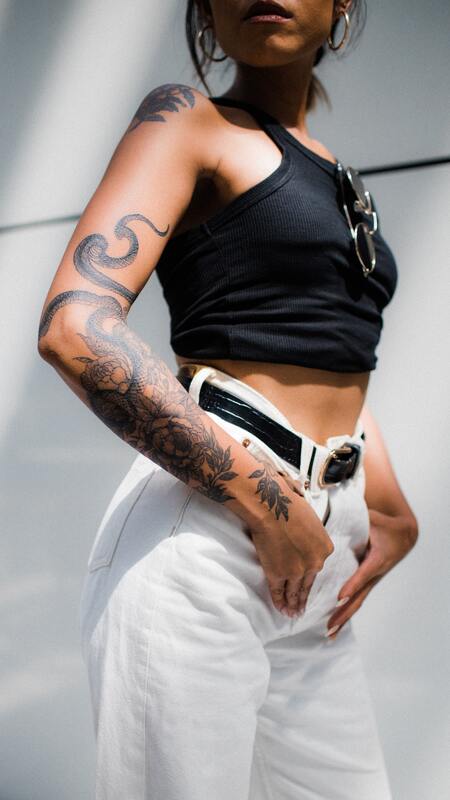
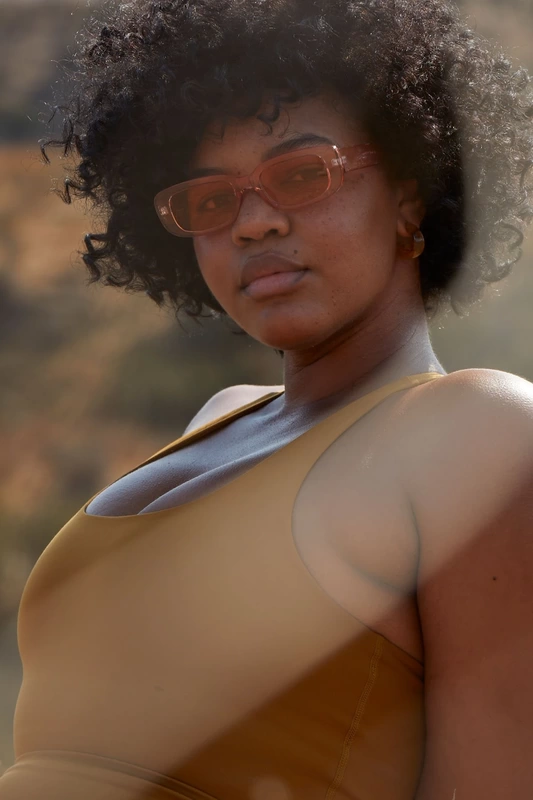
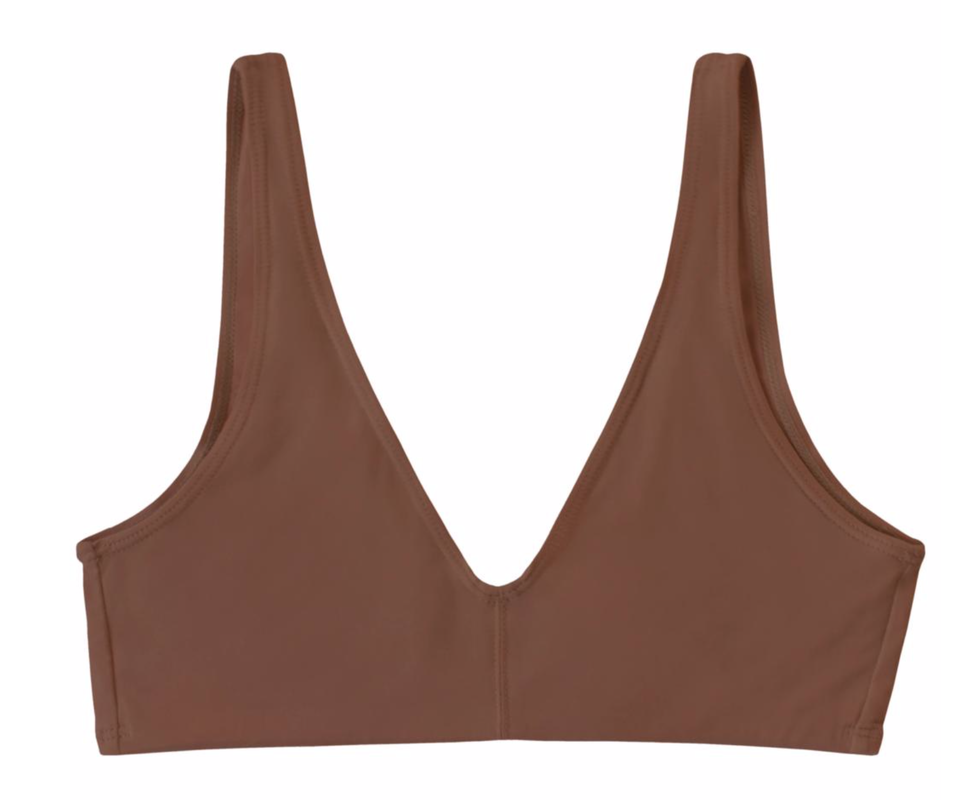
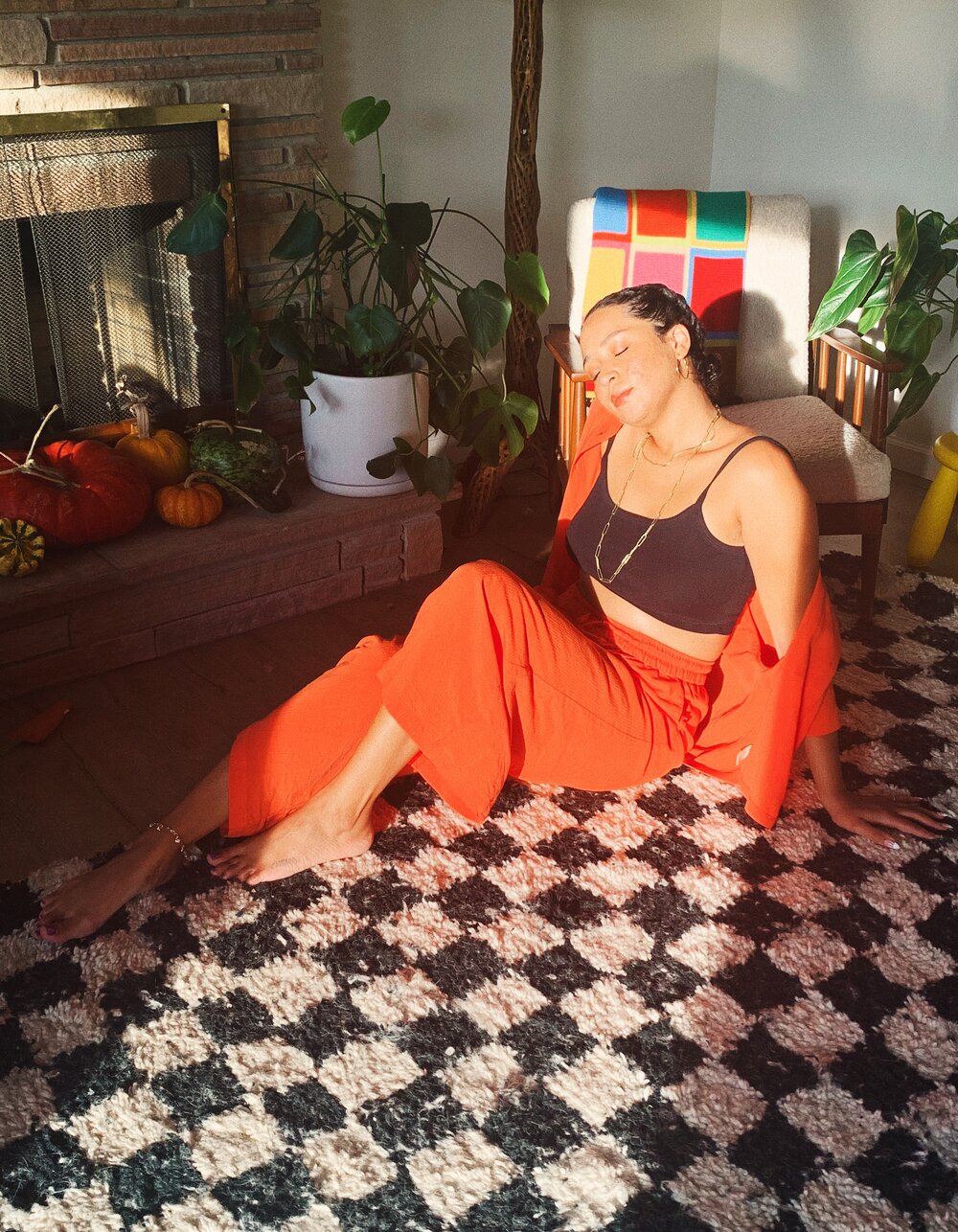
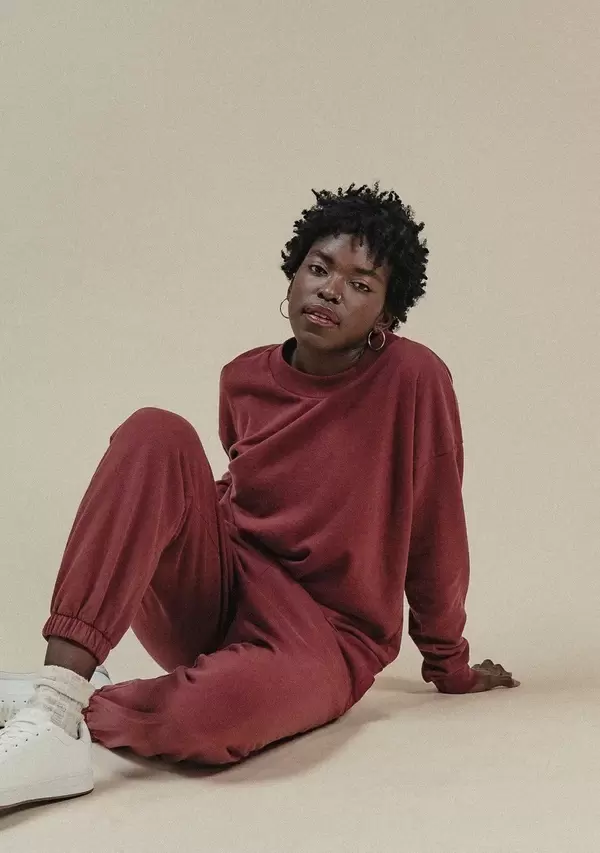
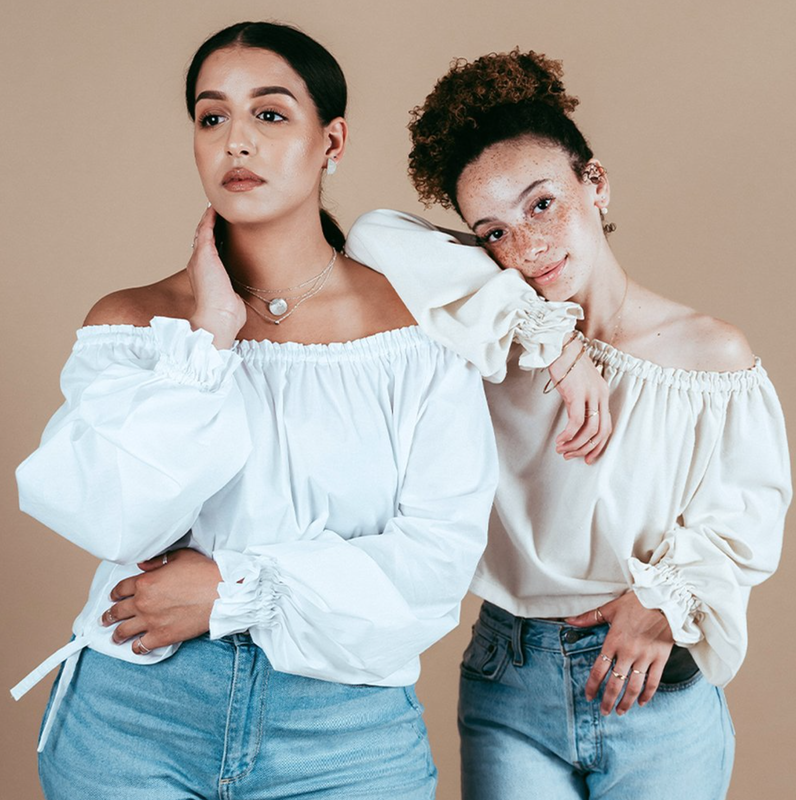
 RSS Feed
RSS Feed






